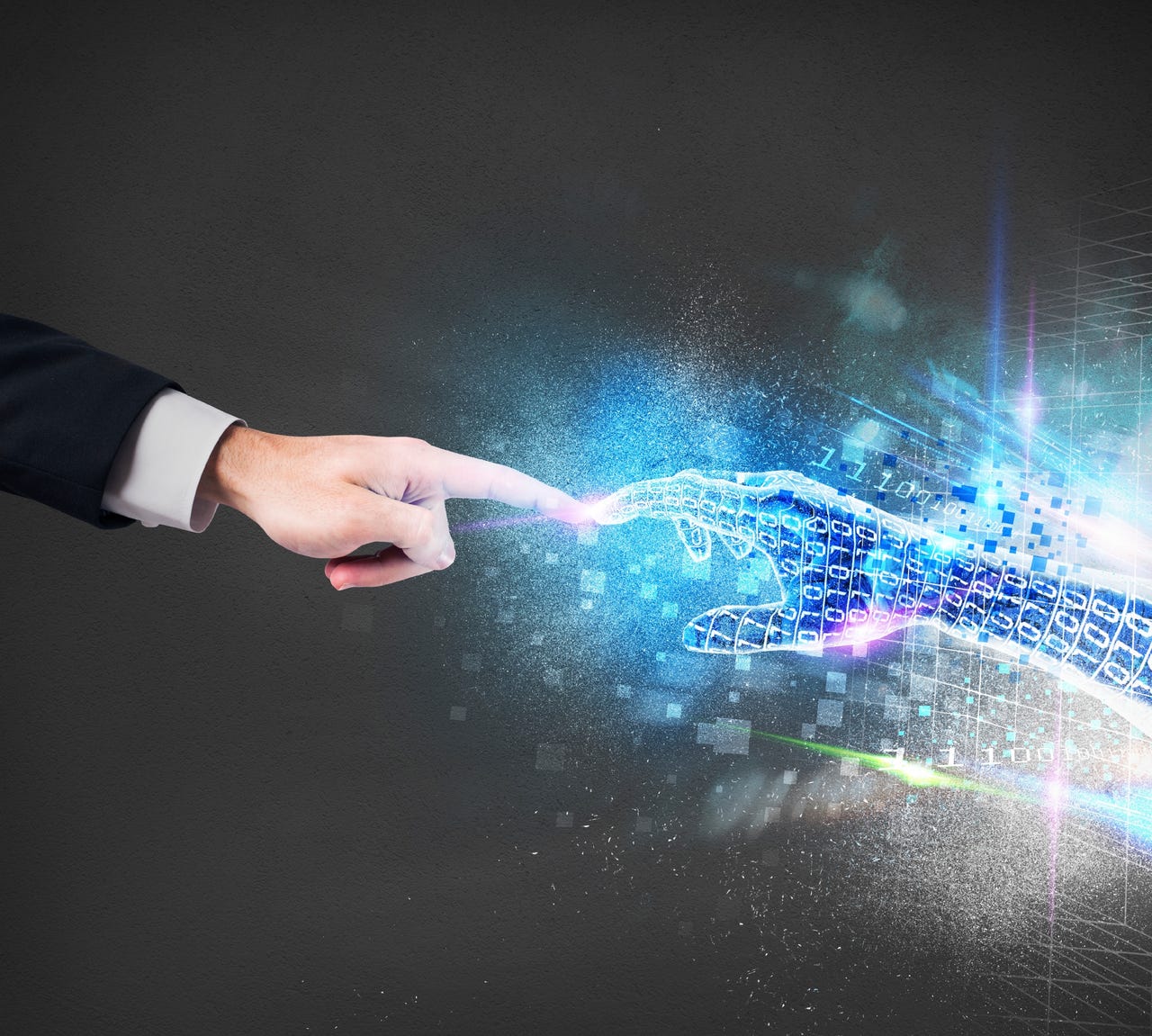UK looks at impact of AI and robotics on jobs and society


UK Parliament is calling on experts to help it examine the impact of AI on society as a whole
The UK Parliament is set to examine how jobs, the workplace and wider society will be affected by the rise of robotics and artificial intelligence, along with the social, ethical and legal issues which could arise alongside the technology.
The launch of the inquiry, which will be carried out by the House of Commons Science and Technology Committee comes shortly after Google's DeepMind AlphaGo AI comprensively won a series of Go matches against South Korean champion Lee Se-dol
Nicola Blackwood MP, Chair of the Science and Technology Committee, says this historic achievement is just scratching the surface of artificial intelligence, and its therefore important that UK society is ready for the radical changes AI might bring.
"Robots are now beating humans at even the most complex games, like Go. Artificial intelligence will play an increasing role in our lives over the coming years. From navigation systems to medical treatments and from new manufacturing techniques to unmanned vehicles, new applications are rapidly being developed that involve robotic decision making," she said.
"It is important that the UK is ready with the research, innovation and skills to be able to fully take advantage of the opportunities and manage any risks," Blackwood added.
The committee is therefore accepting written submissions on robotics and artificial intelligence until Friday 29 April 2016, with experts asked to provide commentary on issues surrounding the technology. Areas the committee has specifically asked for evidence on are:
- The implications of robotics and artificial intelligence on the future UK workforce and job market, and the government's preparation for the shift in the UK skills base and training that this may require.
- The extent to which social and economic opportunities provided by emerging autonomous systems and artificial intelligence technologies are being exploited to deliver benefits to the UK.
- The extent to which the funding, research and innovation landscape facilitates the UK maintaining a position at the forefront of these technologies, and what measures the government should take to assist further in these areas.
- The social, legal and ethical issues raised by developments in robotics and artificial intelligence technologies, and how they should be addressed.
There are those, including physicist Stephen Hawking and tech luminaries Elon Musk and Bill Gates, who have expressed fears over artificial intelligence and what it means for the future of mankind. Should they so wish, they now seemingly have the opportunity to directly submit their concerns to the UK's lawmakers.
MORE ON ARTIFICIAL INTELLIGENCE